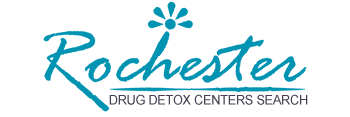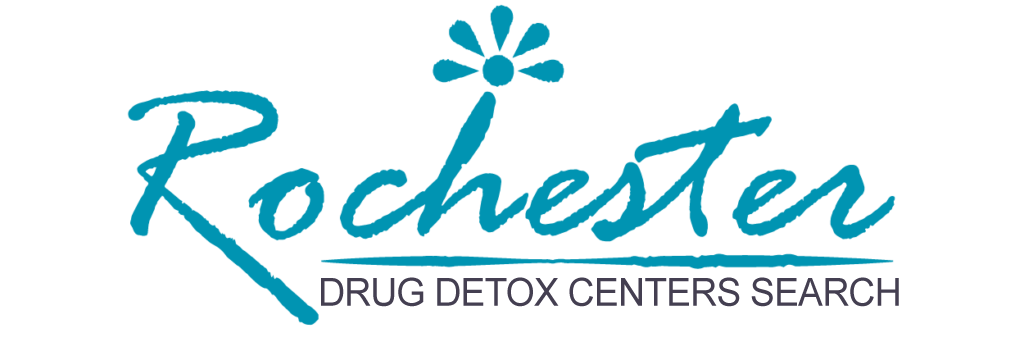Prescription Drug Rehab and Addiction in Rochester, NY
Drug abuse comes in many forms, from alcoholism and illicit drug addiction through to prescription drug abuse and dependence. People get addicted to a wide spectrum of prescription medications, including opiates such as morphine and hydrocodone, sedatives such as Valium and Klonopin, and stimulants such as Ritalin and Concerta. Prescription drug problems affect all elements of society, with professional treatment often needed to help break the bonds of addiction. If you or anyone you know is affected by prescription drug abuse, let Drug Detox Centers Rochester be your guide.
Prescription Drug Classes
According to the National Institute on Drug Abuse (NIDA), there are three main categories of widely-abused prescription drugs. Opiate painkillers such as codeine and oxycodone are the most abused medications by far, represented in over 50 percent of cases. Sedatives such as Valium and Serax are the second most widely-abused category, followed by central nervous system (CNS) stimulants such as Ritalin and Adderall. According to NIDA, over 52 million adult Americans have misused or overused prescription medications at some point, including 8.76 million each year and 6.1 million each month. In one amazing statistic, American residents consume 75 percent of the world’s prescription drug supply while only accounting for 5 percent of the global population.
Dependence and Addiction
Drug dependence is typically recognized by increased tolerance and the existence of withdrawal symptoms when drug use is stopped. Opiates and sedatives are both known to produce physical-somatic withdrawal symptoms when drug intake is stopped, with stimulants associated with emotional and motivational symptoms. While drug addiction is closely related to the concept of dependence, it is not exactly the same thing. For example, a psychiatric patient can become physically dependent on their medications without being addicted to them, a state that also requires psychological attachment and drug cravings. Drug addiction is a complex state that requires multiple levels of treatment, including detox, rehab, and aftercare support.
Medical Detox
Medical detox is often advised when physical withdrawal symptoms are present, with different drugs used depending on the substance and extent of addiction. For example, opiate dependence is often treated with methadone or buprenorphine, with sedative dependence treated with long half-life benzodiazepine drugs such as Valium and Serax. While stimulant dependence does not respond well to medication treatment, a detox period may still be applied to enforce abstinence and encourage recovery. Medical detox clinics are located throughout Rochester and across the United States, in private hospitals, dedicated detox clinics, and rehabilitation centers.
Rehabilitation
Detox is not enough when administered in isolation, with rehab and aftercare support programs also advised in the weeks and months that follow drug discontinuation. Prescription drug dependence and addiction often benefit from psychotherapeutic support and relapse prevention systems, including cognitive behavioral therapy, motivational incentives, and 12-step facilitation. If you or anyone you know is struggling with prescription drug abuse, just call Drug Detox Centers Rochester to speak with one of our caring recovery advocates.


